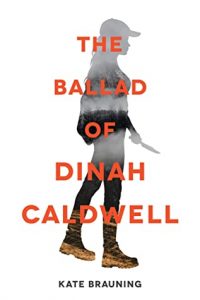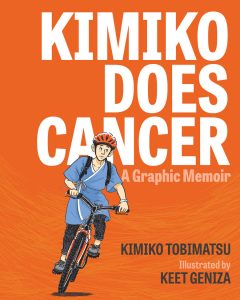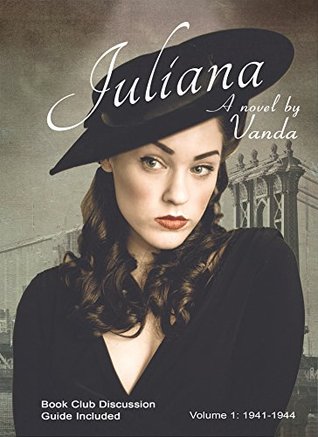Amazon Affiliate Link | Bookshop.org Affiliate Link
This is the sort of review best begun with a caveat that I intend no ill will toward those who enjoyed the book… but maybe they’ll want to give it a miss, because I really do not like this book. In fact, I found the reading experience so thoroughly a misery that I resent myself for sticking with it—and I have a bit of resentment left over for whoever approved that misleading summary.
Ostensibly, The Ballad of Dinah Caldwell is a futuristic revenge story in which a girl seeks justice for her deceased family. That does happen—but summarizing it this way is like describing Cinderella as the story of a girl who needs new shoes. Both are technically accurate descriptions of stories focused on a girl’s romance with her prince charming. That’s not inherently a bad thing, loads of people enjoy Cinderella, but it’s dishonest.
And I don’t like Cinderella.
Or this.
I chose this book because I love a morally grey badass heroine and I was excited to see a main character from the Ozarks. There are too few dynamic country girls leading YA adventures. Learning that said country girl was pansexual was a pleasant surprise, and as I continued reading, I even looked forward to reviewing this for the Lesbrary—positively. The villain, Gabriel Gates, felt appropriate to the heroine, too: not a President or a world dictator, just a capitalist baron ruling a few counties. He was a big enough bad to matter, but a small enough one that a girl might take him down.
Quickly, the shine came off. Dinah wasn’t a badass at all. This could have worked, too, but it only served to get to what seemed like the point of the story: Dinah’s romance with Johnny. Johnny is your stereotypical dreamboat love interest. He lives in a cave—but it’s a nice cave, and he has traplines so he never goes hungry and a hot spring for warm baths; he’s a musician and luthier; he’s a talented, ethical bootlegger; he’s got connections everywhere and inexplicable devotion to Dinah. Johnny is the real main character. The most emotional conflict even occurs when his little brother is taken in by Gates and begins parroting his rhetoric. It’s not a particularly well-executed conflict; I found it predictable, probably because the book focuses (inexplicably) on Dinah.
This goes back to my Cinderella complaint. The summary only mentions Johnny in the third paragraph, so I expected some romance. I did not expect the entire plot to put itself on hold for what felt like at least half the page count. It quickly became clear that the setting and plot served the romance, at massive detriment, because the plot still tries to happen. The result is a conflict that wants to be complex but instead is rushed, a denouement that someone forgot to write, and a romance that I didn’t want to read, all spearheaded by a character who thinks her grief entitles her to other people’s lives.
Yeah. People die in Dinah’s little revolution, and she doesn’t really seem to care, and nor does the narrative. It protects the characters it deems worthy—the ones who merit page time. In a way, I respect this. There’s nothing inherently wrong with a sweeter-than-bitter ending. When paired with the amount of time spent on the romance, though, it begins to seem like the author really didn’t want to write the plot.
A few positives, to end on. The sex scene was good. It was awkward and required communication, that set a good example. I appreciated the worldbuilding—things like advanced tech being available only if people have resources to afford it.
Finally, I liked the metaphor of the pears. Near the beginning of the book, Dinah looks at three buckets of pears traded to her family for access to their well. Angry, she kicks over one of the buckets. She immediately regrets this and gathers up most of the pears, but so much happens that she misses one. There’s no closure on those pears—not once her mother and brother die, kicking off the plot—except that one outlasts the rest, crushed in the road, broken but still present. And had Dinah actually been a single thing like that pear, had she ended the book broken or even scarred instead of on a happy road to everything, it would’ve been a really strong metaphor.
Trigger warnings: animal death, child death



